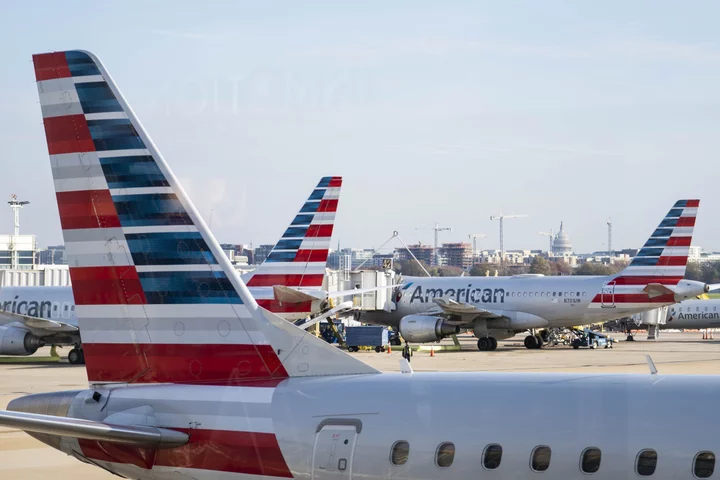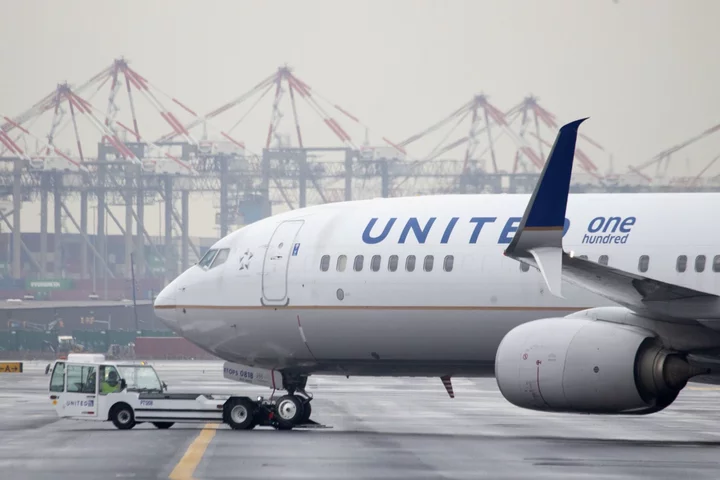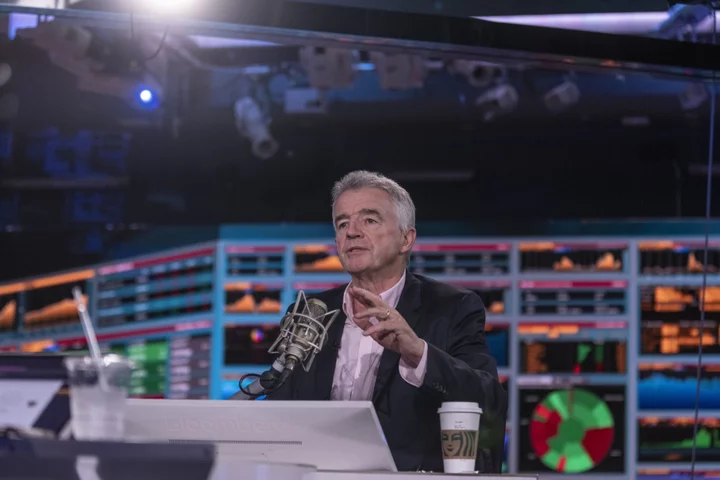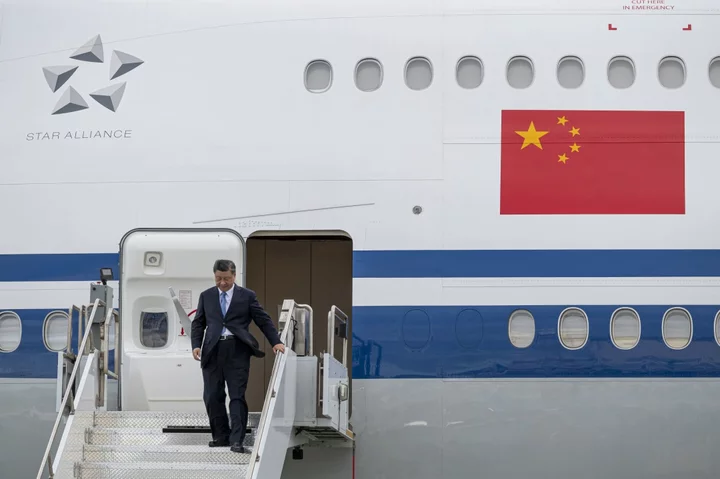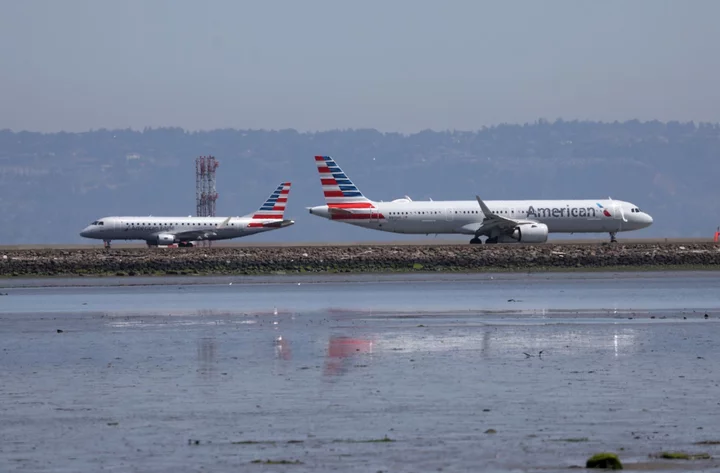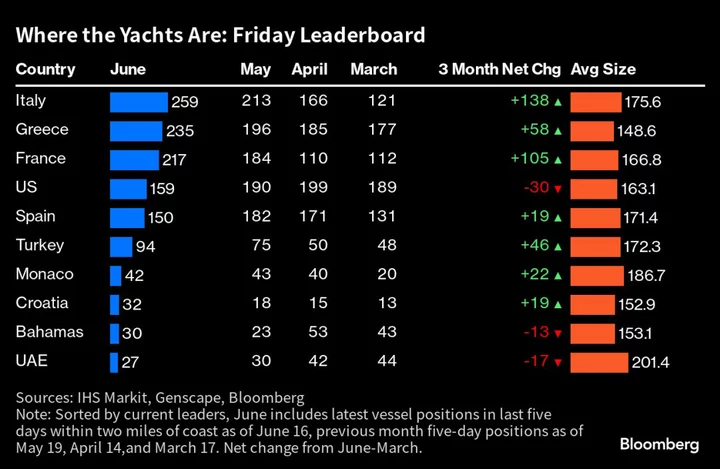American Airlines Group Inc. sees profit this quarter in line with Wall Street’s expectations, tempering investor enthusiasm over a boom in air travel that lifted US carriers earlier this year.
Adjusted earnings will be 85 to 95 cents a share in the third quarter, American said Thursday in a statement that also outlined second-quarter results. Analysts were expecting 90 cents on average, according to estimates compiled by Bloomberg.
The modest outlook offered a reality check after strong reports from rivals United Airlines Holdings Inc. and Delta Air Lines Inc. United late Wednesday projected third-quarter and full-year earnings that handily beat estimates.
Read More: United Air Raises 2023 Profit Outlook on Overseas Travel Demand
Large US carriers are capitalizing on a rebound in global travel, particularly to Europe, as remaining pandemic-related restrictions ended and growth in domestic demand moderated. Travel this summer is expected to surpass record levels of 2019, but corporate demand remains soft.
American’s shares slipped 1.2% as of 8:01 a.m. in premarket trading in New York, reversing earlier gains. The stock climbed 46% this year through Wednesday, the second-best performer in a Standard & Poor’s index of the five largest US carriers.
Investors were lukewarm on the American report despite a boost to the full-year outlook and second-quarter results that beat estimates. Adjusted earnings will be $3 to $3.75 in 2023, it said in a filing, compared with earlier guidance for no more than $3.50. The carrier was expected to earn $3.04 on average by analysts.
Earnings in the past quarter were $1.92 a share, topping the $1.59 average of analysts’ estimates. Operating revenue also surpassed expectations.
American is grappling with uncertainty around a pending pilot contract, agreeing to reopen talks after United reached an agreement in principle with its aviators for a more lucrative deal. The carrier plans to match the United pay rates, American Chief Executive Officer Robert Isom said Thursday on CNBC, but it’s unclear if discussions will be wrapped up in time to allow voting on a deal to begin as scheduled on July 24.
The pending American agreement would boost costs by about $8 billion over four years, while the United plan is valued at around $10 billion over the same period.
(Updates to recast first paragraph, add details throughout)

